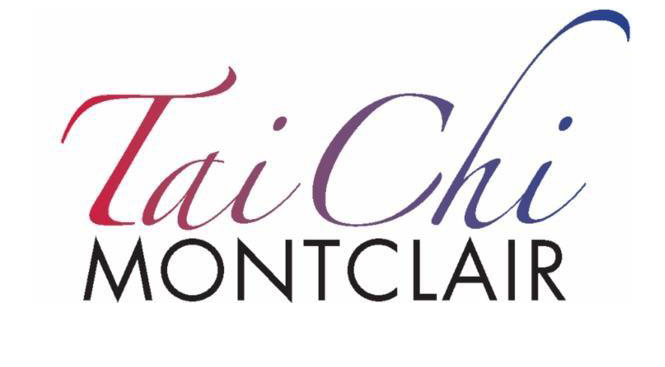The Evidence is Becoming Clear
/I've been asked by some students to share the keynote remarks given at the Connecticut seminar in September, by Dr. Patricia Huston, a Canadian family and public health physician at the University of Ottawa in Ontario. Space here is too small and my notes too incomplete to do her justice. But I can summarize her findings and say a little about theories as to why tai chi is beneficial, which are complicated and still somewhat theoretical.
Dr. Huston's exhaustive review of the research on tai chi's health benefits reveals a large and growing body of evidence, based on "gold star," scientifically rigorous studies. It is clear that Tai Chi practice promotes physical and mental health; slows or stabilizes many diseases, improves sleep, helps fatigue, might improve immunity, and is indisputable in its benefits for balance, flexibility, and strength.
Serious diseases and conditions that receive "gold stars" for Tai Chi benefits are osteoarthritis, Parkinson's, and stroke risk. Tai chi can also give sufferers the stamina to manage diabetes, kidney failure, and COPD. There are theories about cancer but studies are new.
In terms of mental health, the benefits are most clear for depression and anxiety (so far).
How does it work?? Well that's pretty complicated and as yet not fully understood. But think two words: "fascia" (ligaments, tendons, muscles) and "tencegrity" (bones, rods, tendons that give us "structural integrity"). Tai chi promotes the health of and interaction between the two. I'll try to say more about that next week. In the meantime...read the quote below and see you in class
QUOTE OF THE WEEK
This quote, which comes from a Chen style discussion, describes well the theories discussed by Dr. Huston as well as the dilemma of an eastern vs. western understanding.
That the human body moves and functions as a single unit, so well illustrated by research into fascia and biotensegrity has, in fact, been well known by Tai Chi players for hundreds, if not thousands, of years. Tai Chi training principles are based not upon intellectual theory (theory is a lot like shutting the gate after the horse has bolted) but a long history of direct experience gained through highly perceptive, heuristic movement research, acute empirical observation of natural phenomena (such as the laws of physics) at both micro and macro levels and rigorous proof testing through application (fighting/self-defense/life). All of this experience eventually culminated in a most natural and optimal way to train the human body and mind for health, movement and martial arts that we know and love as Tai Chi.--From Grandmaster Chen Xiao Wang – Part 1

